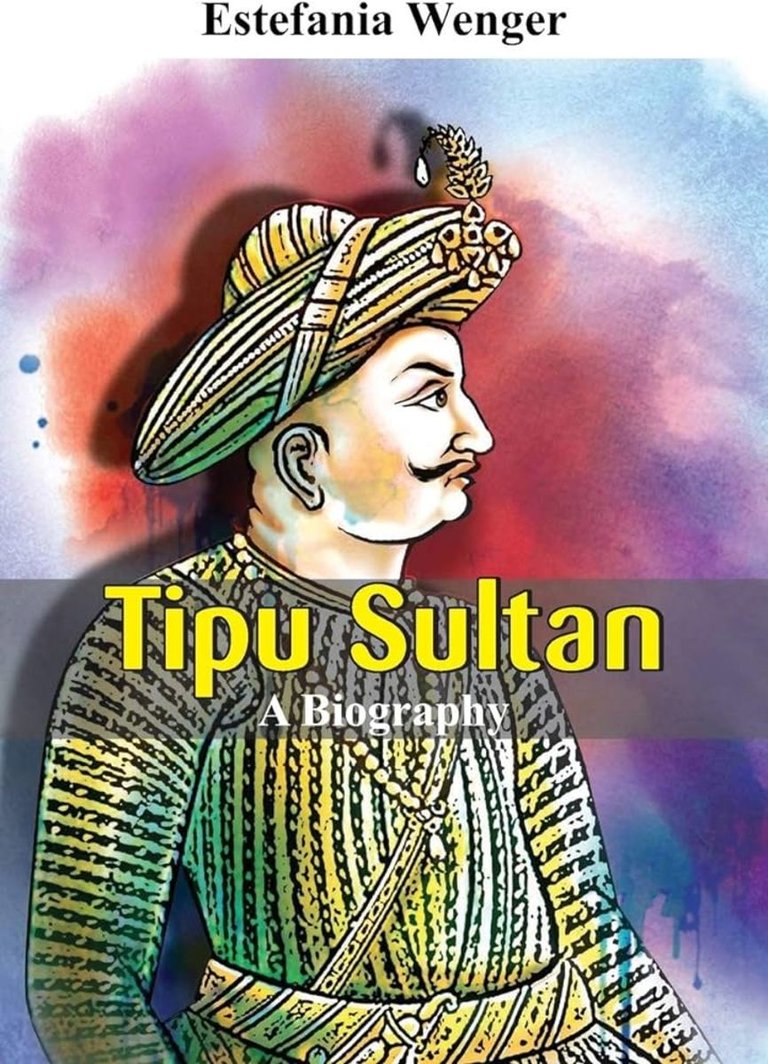History of Tipu Sultan
Tipu Sultan (1751–1799) was a prominent ruler of the Kingdom of Mysore in southern India, known for his fierce resistance against British colonial expansion. He is often referred to as the "Tiger of Mysore" due to his bravery and his relentless defense of his kingdom.
Early Life:
Tipu Sultan was born on November 20, 1751, in Devanahalli (now in the state of Karnataka). He was the eldest son of Sultan Hyder Ali, the ruler of Mysore, and his wife Fatima. Tipu received a rigorous military and administrative education from an early age, being trained in warfare, leadership, and the arts of statecraft.
Rise to Power:
Tipu's father, Hyder Ali, was the de facto ruler of Mysore, and Tipu assisted him in military campaigns from a young age. After Hyder Ali's death in 1782, Tipu Sultan ascended to the throne of Mysore. He inherited not only his father's kingdom but also the ongoing conflict with the British East India Company, which sought to expand its influence in southern India.
Wars with the British:
Tipu Sultan's reign was defined by his determined resistance against British colonial forces. He fought four significant wars known as the Anglo-Mysore Wars (1767–1799), which were largely a struggle for control over southern India.
- First Anglo-Mysore War (1767–1769): Tipu’s father, Hyder Ali, fought against the British in this war and initially succeeded, but it ended with a treaty that did not resolve the conflict.
- Second Anglo-Mysore War (1780–1784): After ascending to the throne, Tipu Sultan continued his father’s struggle, and despite suffering some setbacks, he eventually forced the British to sign a peace treaty.
- Third Anglo-Mysore War (1790–1792): This war ended with Tipu Sultan's defeat and the Treaty of Seringapatam, which resulted in Mysore losing significant territory to the British and their allies.
- Fourth Anglo-Mysore War (1798–1799): The final war in which Tipu Sultan fought the British was his most famous and tragic. Despite his valiant resistance, he was ultimately defeated and killed during the siege of Seringapatam in May 1799. His death marked the end of the Kingdom of Mysore as an independent state.
Innovations and Modernization:
Tipu Sultan was not only a military leader but also a forward-thinking ruler. He introduced several reforms to improve administration, agriculture, and industry in his kingdom:
Military Reforms: Tipu is known for his innovations in military technology, including the use of rocket artillery. His military strategies and advancements in warfare were ahead of his time.
Economic and Administrative Reforms: He worked to develop industries like silk weaving and cotton production, and introduced a new coinage system and a more centralized administrative structure.
Religious and Social Policies: Though a devout Muslim, Tipu Sultan was known for his policy of religious tolerance and sought to promote harmony among the diverse communities within his kingdom.
Death and Legacy:
Tipu Sultan died defending his capital, Seringapatam, during the British siege in 1799. His death marked the fall of Mysore's sovereignty, and the kingdom was eventually annexed by the British. However, Tipu’s legacy has endured in India and beyond.
He is remembered as a national hero who fought valiantly to defend his kingdom and resist British colonialism. His contributions to military innovation, as well as his progressive governance, have cemented his place as one of India’s most respected historical figures.
Tipu Sultan’s defiance against British rule has made him an enduring symbol of resistance, and his story continues to inspire movements for independence and freedom.
